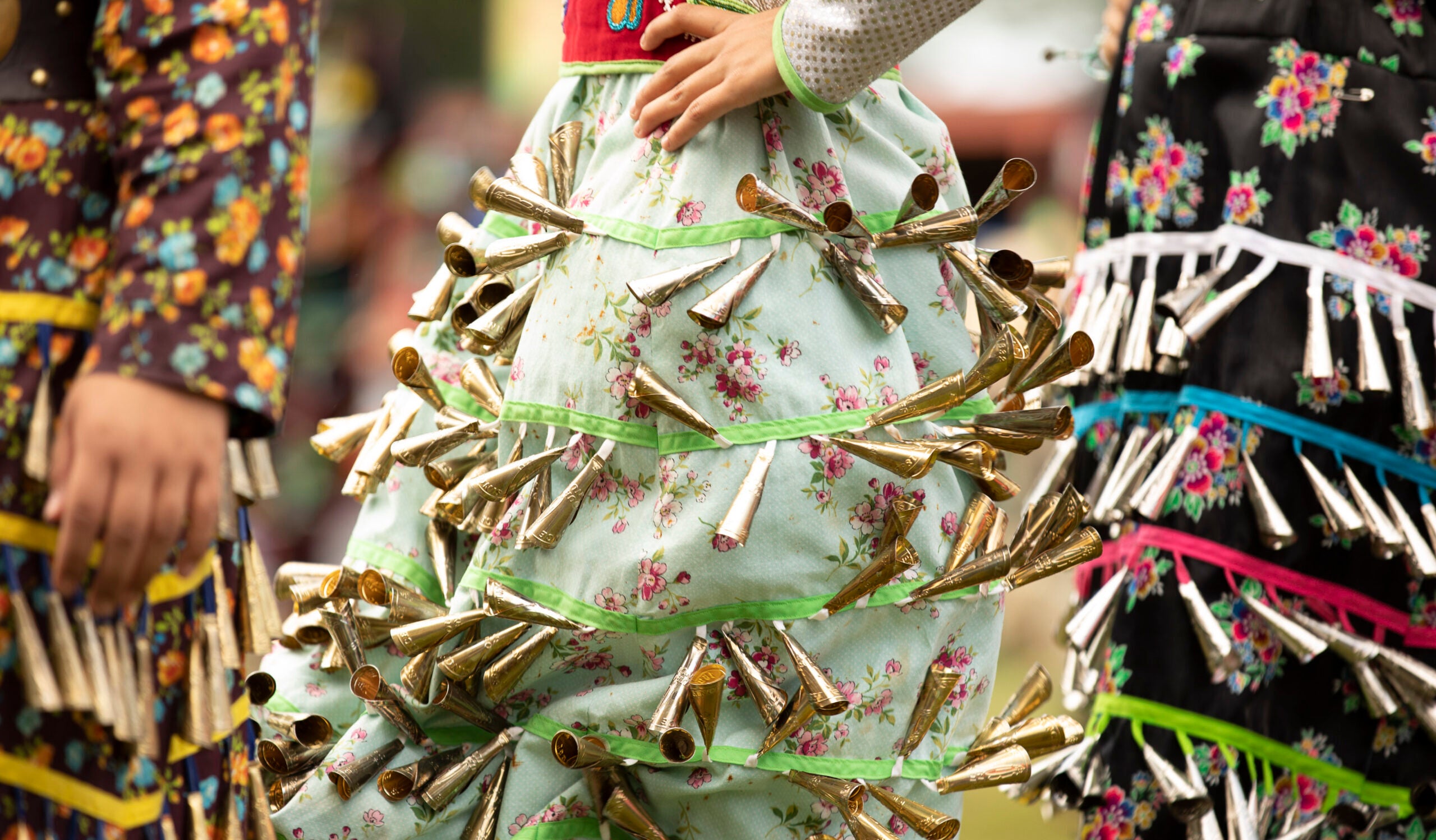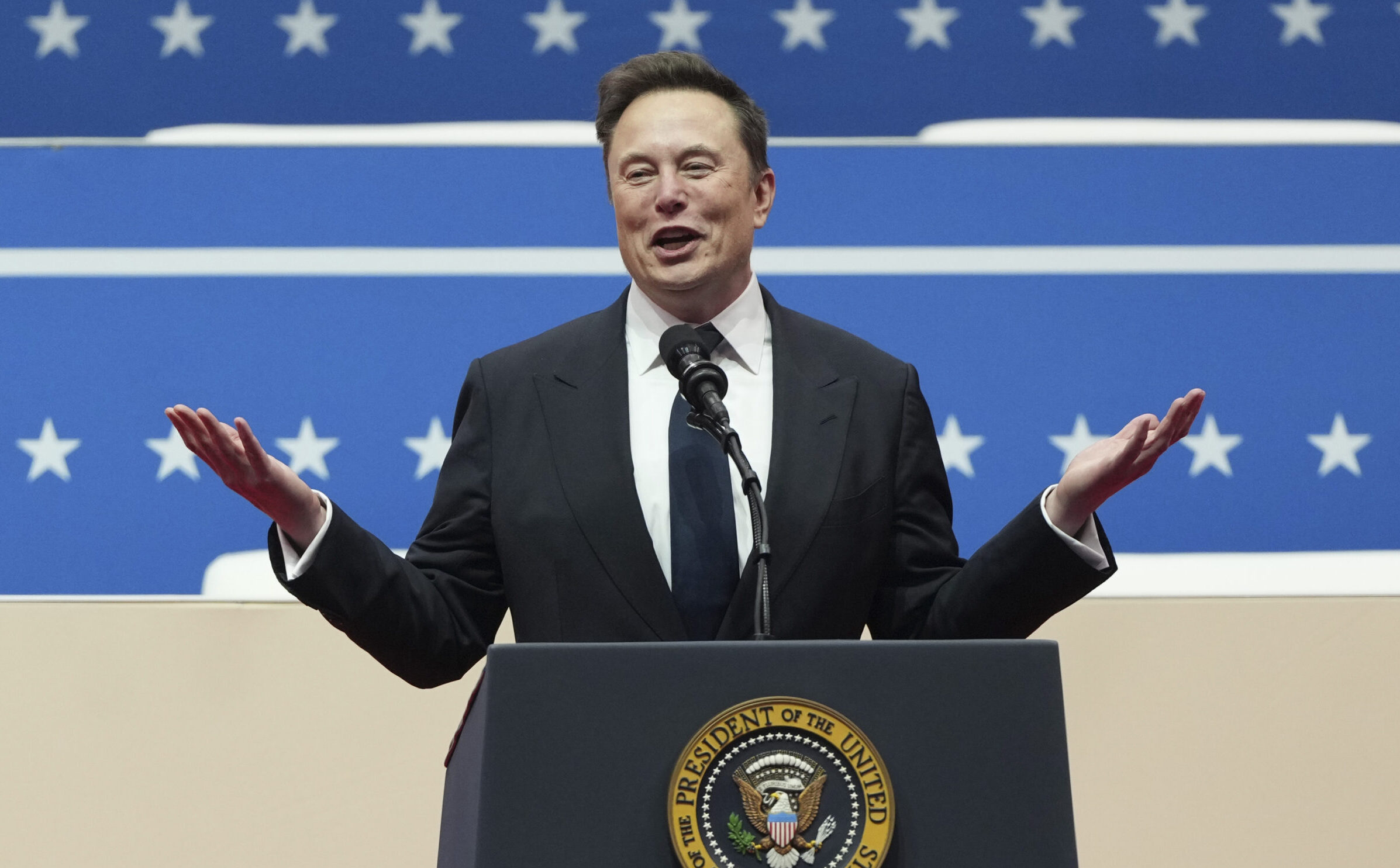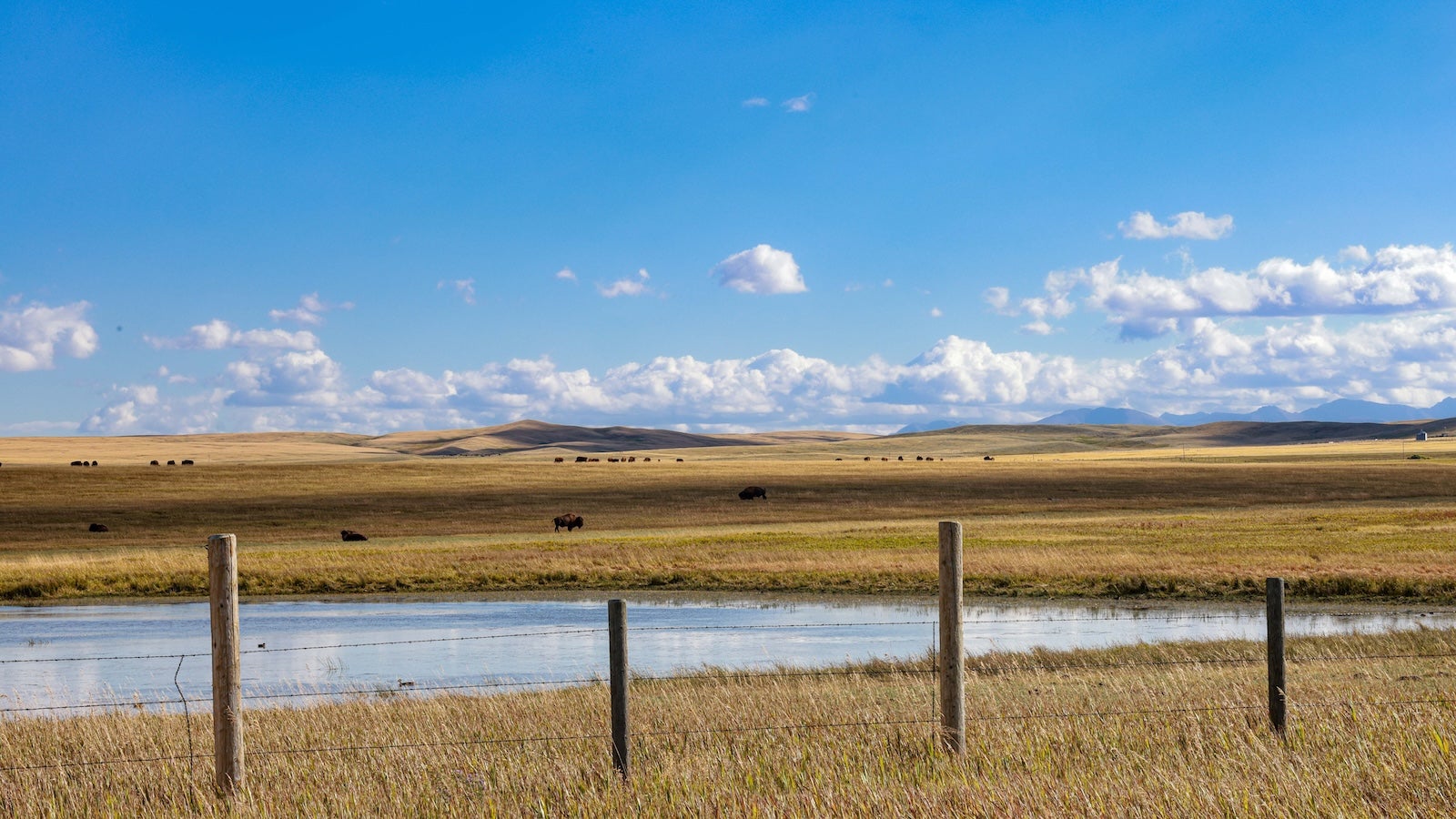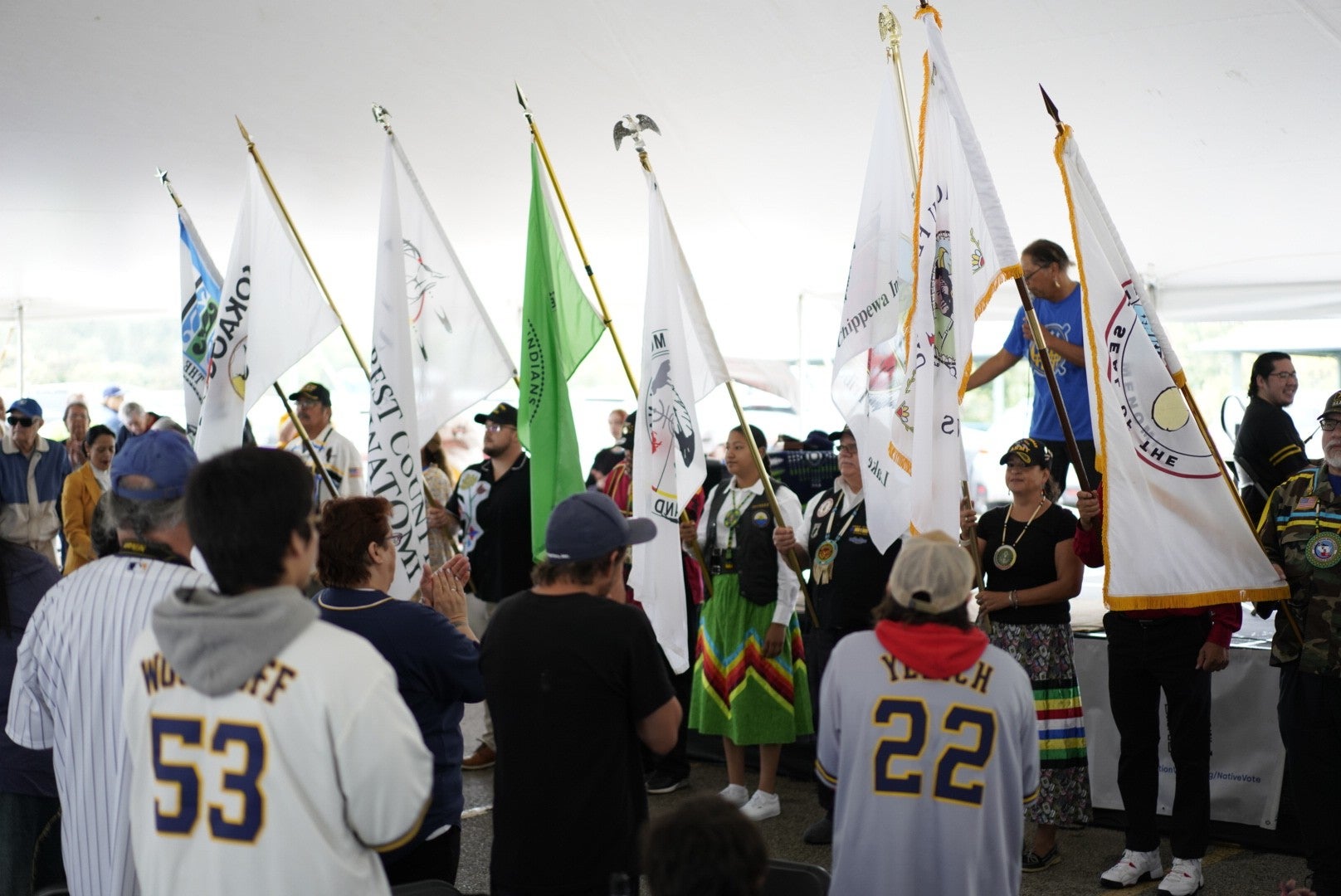Native organizers are hoping to field new voters with a baseball-themed effort to encourage Native Americans to turn up at the polls this fall.
Wisconsin Native Vote, an initiative of Wisconsin Conservation Voices, hopes to draw more than 1,000 people from the state’s 11 federally recognized tribes for a tailgate on Aug. 15 at the Milwaukee Brewers game against the Los Angeles Dodgers.
Anne Egan-Waukau, an urban organizer in Milwaukee, said it’s a way to bring communities together while encouraging tribal members to register to vote.
Stay informed on the latest news
Sign up for WPR’s email newsletter.
“We’re hoping that we just build a sense of camaraderie, let our people know their voices are heard, that they remember to vote, that they register to vote for the seventh generation. And that means to vote for all generations in the future,” Egan-Waukau said.
The initiative’s main slogan, she said, is “Sko Vote Den,” a playful phonetic spelling of “Let’s go vote, then.”
A member of the Menominee Indian Tribe, Egan-Waukau said baseball was a big part of her childhood growing up on the reservation.
Organizers say they want tribal residents to turn up to the polls to make their voices heard on issues related to health care as well as protections for water, wildlife and the environment. They say the opioid crisis, missing and murdered Indigenous women and housing insecurity are among other top concerns in the state’s tribal communities.
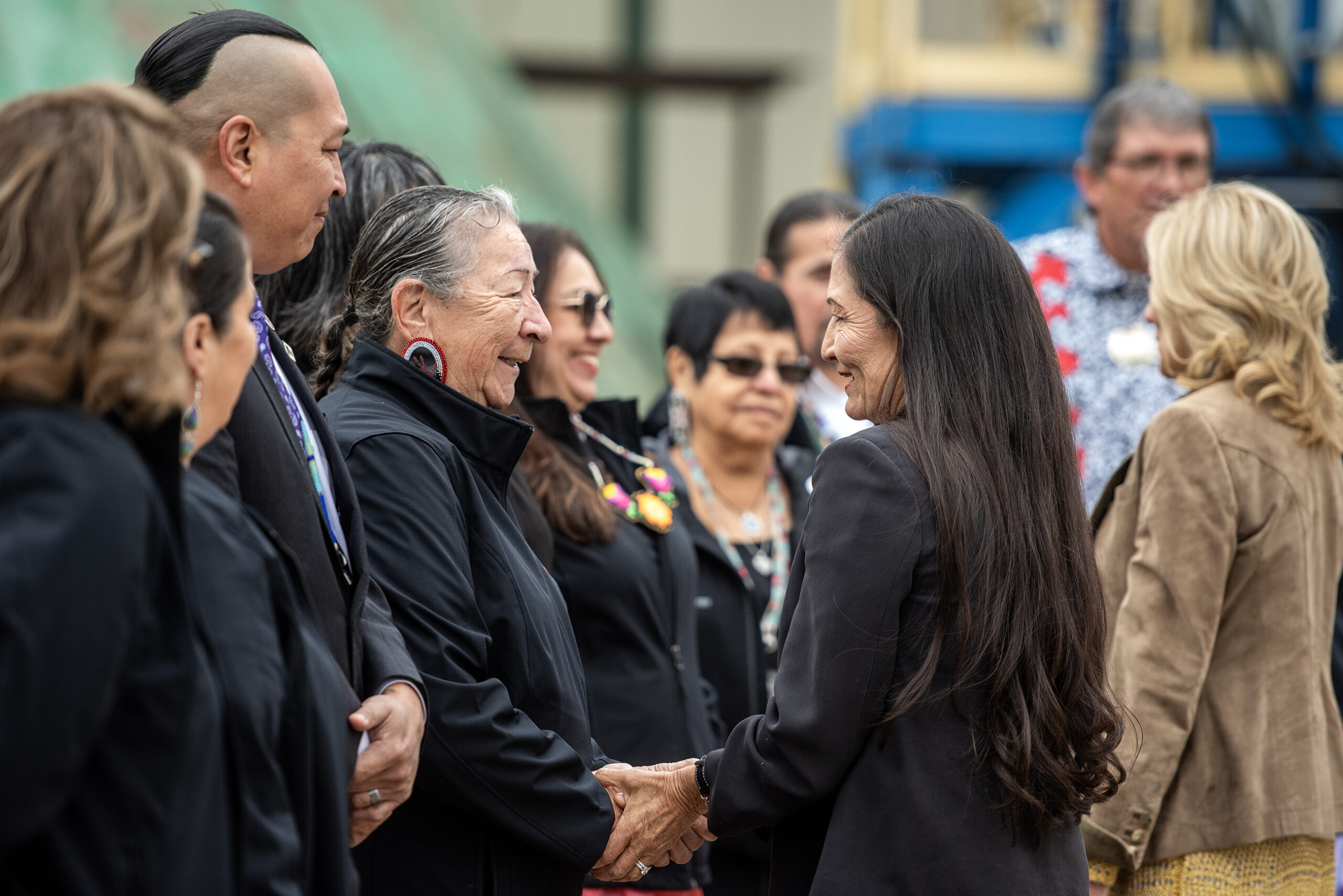
American Indians and Alaskan Natives account for 1 percent of Wisconsin’s population or more than 60,000 residents, according to 2020 census numbers. If registered, that’s enough residents, at least in theory, to tip the outcome of the next presidential election. In 2020, Joe Biden won Wisconsin by about 20,000 votes. Four years earlier, Donald Trump carried the state by fewer than 23,000 votes.
Even so, tribal communities have often faced barriers to voting. Congress didn’t grant American Indians citizenship until lawmakers passed the Indian Citizenship Act of 1924. And some states still prevented Native Americans from voting into the late 1950s. Matthew Campbell, deputy director for the Native American Rights Fund, said many states allowed voting only if tribal residents gave up their traditions and became “civilized.”
“We saw different laws that were enacted to prevent Native people from voting, whether they were citizenship laws, residency laws that said you had to move away from the reservation (or) literacy tests,” Campbell said. “There’s certainly a long history of denying Native people the right to vote.”
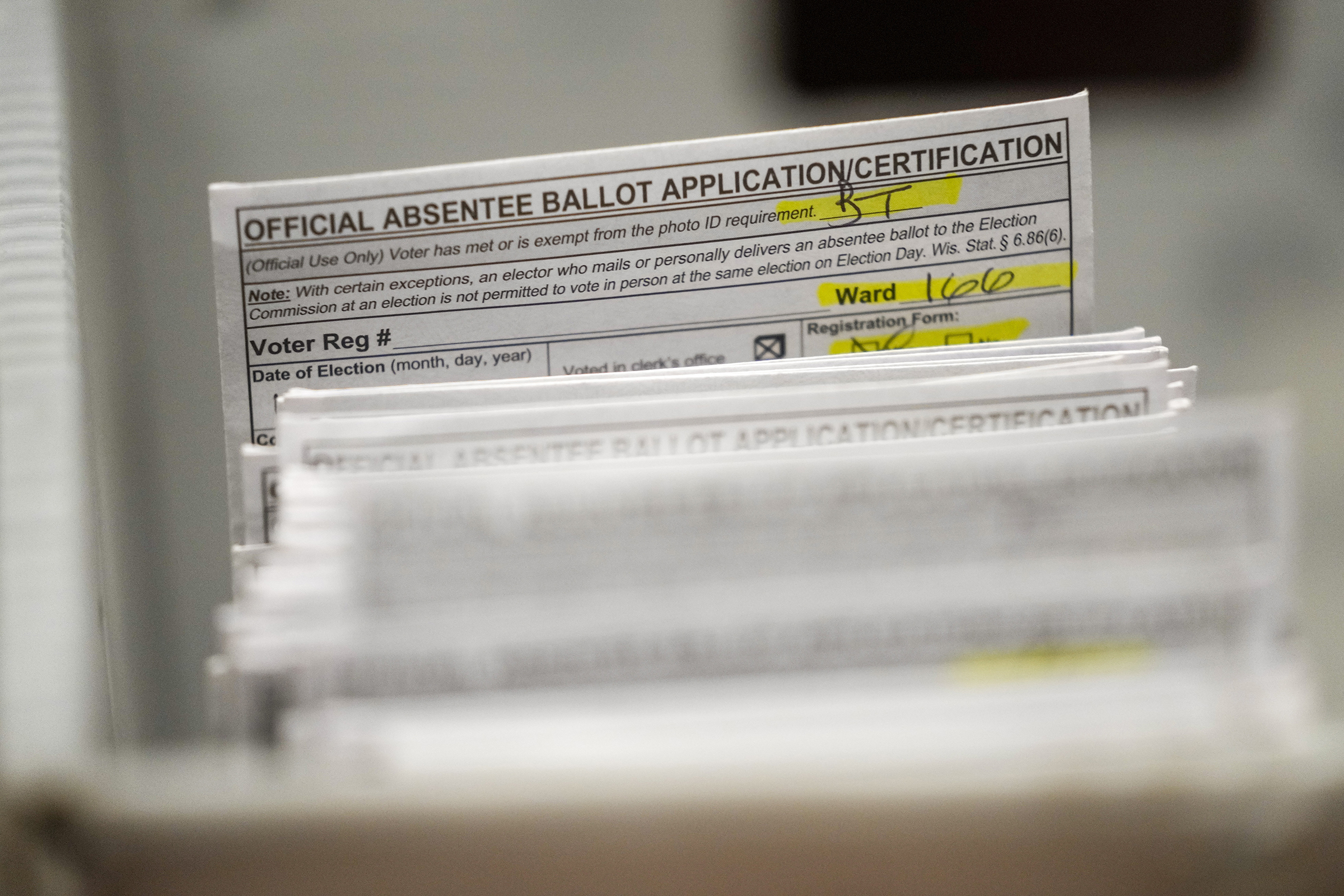
Erin Bloodgood, communications manager with Wisconsin Conservation Voices, said tribes’ historic distrust of the government stemming from being forced off their homelands continues to affect voter engagement among tribal communities.
“That’s something that we have to overcome, as well as making sure that there are plenty of poll workers and plenty of polling locations available for communities, especially in more spread out places,” Bloodgood said.
As they seek to engage Native voters, Bloodgood said some residents say poll workers are unaware that tribal identification cards are accepted for voting purposes.
The distance of tribal communities from polling locations, lack of access to transportation, technological barriers, lower levels of education and homelessness are among factors that often discourage political participation, according to a 2020 report by the Native American Rights Fund.
Around 34 percent or roughly 1.2 million American Indians or Alaskan Natives of voting age are not registered to vote, according to Native Vote, a nonpartisan initiative of the National Congress of American Indians.
Surveys in recent years have shown Native Americans tend to support Democratic candidates rather than Republicans, according to the Brookings Institution. Around 82 percent of votes cast in Menominee County, which is home to the Menominee Indian Tribe, went to President Joe Biden in the 2020 election compared to 49.4 percent statewide. American Indians represent around 85 percent of the county’s population.
Bloodgood said the primary goal is to increase voter turnout every election year.
“We’re nonpartisan, and it does not matter to us who people vote for,” Bloodgood said. “We’re trying to influence and change the culture. We want people in Native communities to just feel proud to vote and feel proud that they’re making a difference and using their voice.”
The tailgate event at American Family Field will feature a color guard made up of Native veterans carrying flags from each of the state’s 11 tribes, and it will also include the Menominee Nation’s Smokey Town drum and singing group. The intertribal tailgate begins at 10:30 a.m. Aug. 15 prior to the start of the Brewers game at 1:10 p.m.
Wisconsin Public Radio, © Copyright 2025, Board of Regents of the University of Wisconsin System and Wisconsin Educational Communications Board.


